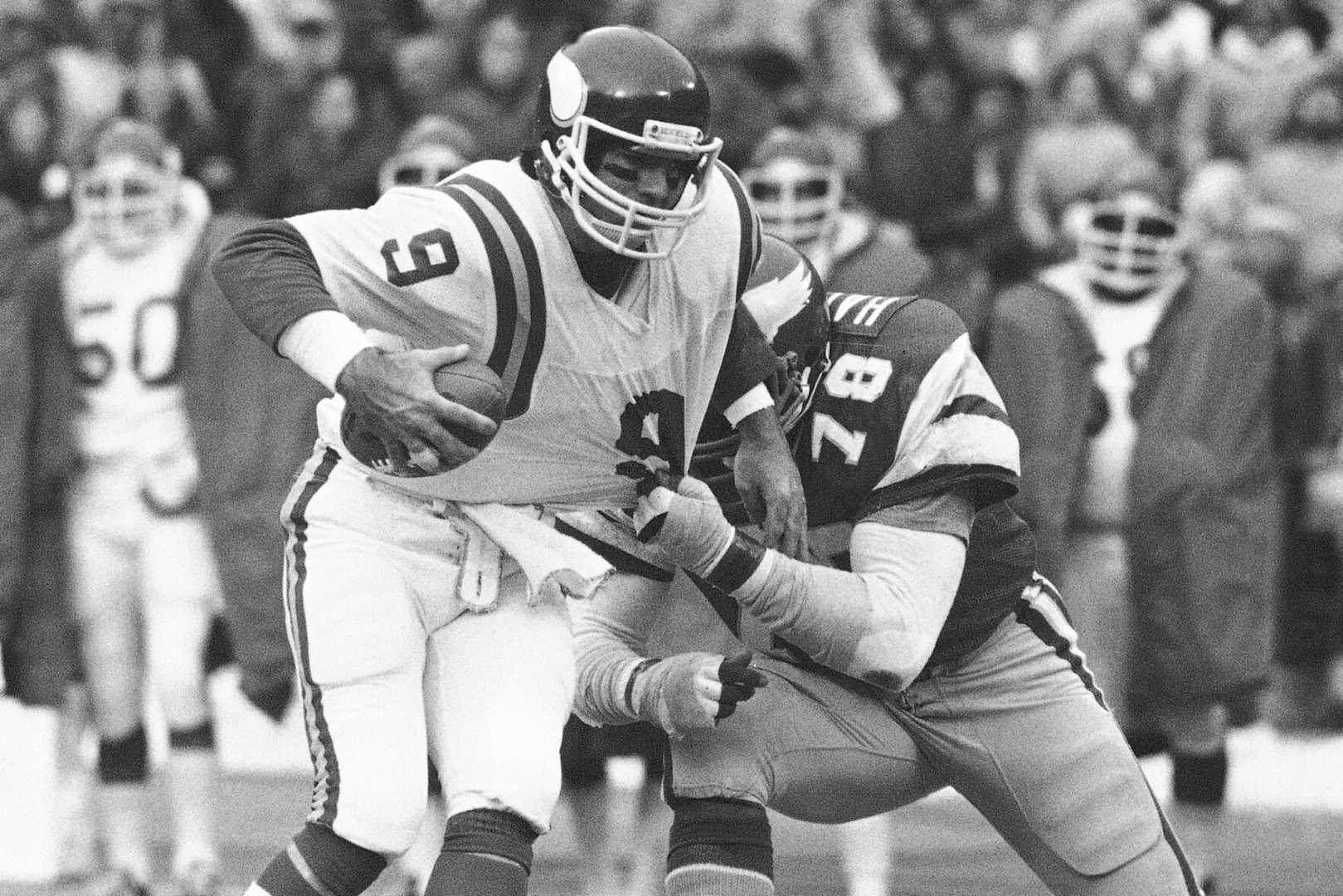News
Former Vikings Quarterbacks Highlight Dangers of Football

Two former Minnesota Vikings quarterbacks, known for their aggressive playstyle and numerous head injuries, have recently come forward with announcements regarding their serious health conditions. This has reignited conversations around the long-term consequences of playing professional football. Tommy Kramer, aged 69, disclosed via social media that he has been diagnosed with dementia. Acknowledging the challenges ahead, Kramer expressed gratitude and acceptance in his message on X, declaring, “We’re not here for a long time, we’re here for a good time.”
Kramer’s revelation came shortly after Brett Favre, 54, another former Vikings quarterback, shared during a congressional hearing that he has been diagnosed with Parkinson’s disease. Both athletes played during periods when awareness and protective measures for head injuries were significantly lacking. “It’s unfortunately part of our game,” Favre commented, reflecting on the inherent risks associated with a career in football.
Kramer, a notable figure in the NFL from 1977 to 1990, earned the nickname “Two-Minute Tommy” for his ability to perform under pressure, particularly highlighted by a memorable game-winning play against the Cleveland Browns in 1980. Despite the recent diagnosis, doctors have reported that Kramer’s dementia has not progressed significantly, buoying his spirits as he continues to abstain from alcohol in response to his condition.
The conversation around the long-term impact of football injuries remains nuanced and complex. As the NFL and other sports organizations continue to enhance safety measures, the personal stories of players like Kramer and Favre highlight the ongoing challenges faced by those in contact sports. Fans and players alike grapple with the question: Is the pursuit of athletic glory worth the potential cost? “Football is the life we chose to live,” Kramer states, reinforcing his commitment to the game despite the inherent risks involved.
San Antonio native and former Viking, Kramer’s announcement serves as a reminder of the potential health risks associated with the sport during a time when less was understood about head trauma and its lasting impacts. It also underscores the critical need for continued advancements in medical support and preventive measures within the sports industry.












